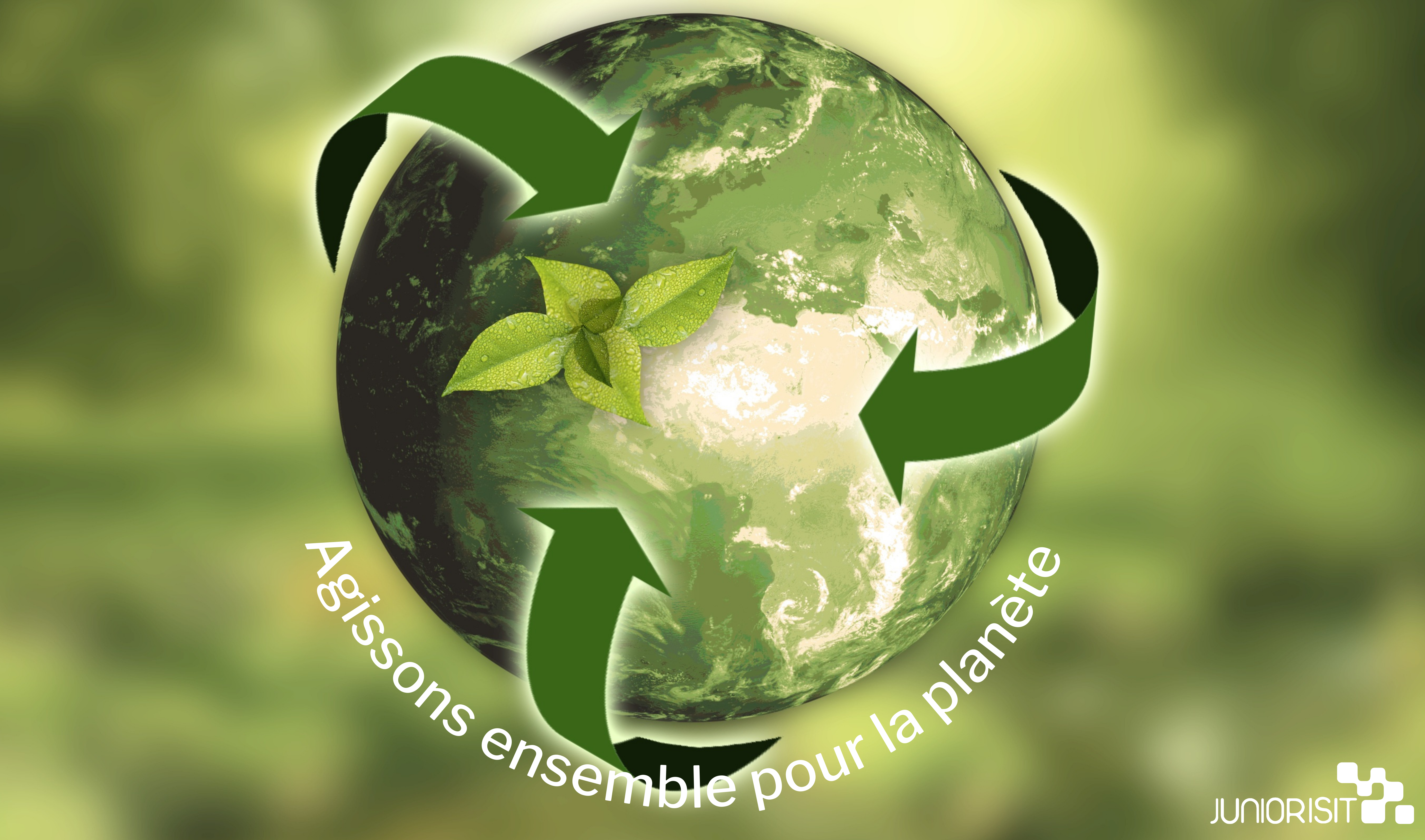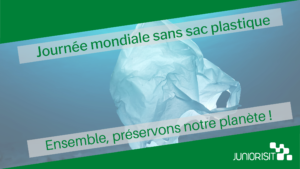Last week, it was not just one, but two world ecosystem days that were celebrated. In this article, we’ll touch on these two important days a little bit more in detail.
2nd of June : World Day for Responsible and Respectful Tourism
Since 2007, the 2nd of June has been designated as Responsible Tourism Day, to celebrate a daily commitment based on several fundamental aspects: “to have a positive impact on the local populations while having a minimal effect on the environment” (Passion Terre, sustainable tourism travel agency).
The main objective of the day
It is necessary to highlight some of the actions carried out around the preservation of nature, the respect of local populations, listening and sharing… The main values of the day are defined as sustainable, ethical and participative.
Thus, on the same date, since 2007, the International Coalition of Responsible Tourism organizes an international conference in Paris, in order to exchange and reflect on the good practices to be established in the fields of climate or even in social economy. It is also an opportunity to present various events organized around the world, in honor of this day.
A growing, new vision of travel
Step by step, Responsible Tourism is revolutionizing the traditional tourism industry. Every year, this new approach of travel is attracting more and more travelers. In 2014, the amount of travelers exceeded one billion, and according to the World Tourism Organization, this number will continue to increase. Responsible Tourism increased its participants’ satisfaction in the travel they had. .
However, this expansion of a so-called more responsible tourism isn’t without consequences. From the environmental point of view, it causes an overconsumption of natural resources and an increase in waste to manage. From a social point of view, responsible and respectful tourism still led to the construction of large infrastructures, like the so-called “green hotels”, and also hastened a massive rural exodus.
A more responsible, usable, ethical and on demand tourism
Despite its consequences, the positives outweigh the negatives. Let’s take into account that this type of tourism, low in environmental impact, is attracting more and more travelers because it respects and sustains local populations, cultures and customs of visited countries.
To this day, responsible tourism is a tool that helps in the fight against poverty. In certain countries, it is now considered indispensable, allowing the development of local economy while preserving its natural and cultural resources. According to an article published by Passion Terre “73% of travelers understand the meaning of responsible tourism and even mentioned examples of responsible practices”.
Nevertheless, as mentioned before, this month isn’t only focused on responsible tourism and its methods. It also gives place to a day that questions the future of our planet, and is entirely dedicated to the environment.
5th of June: World Environment Day
Created after the very first world conference on the Environment, organized in Stockholm in 1972 by the United Nations, World Environment Day has been celebrated ever since every 5th of June. Each year, a different city and theme are chosen making it a great opportunity for people to reflect upon the most recent environmental issues.
This day aims to inspire people in taking concrete actions when it comes to sustainable and fair development, in order to impulse positive changes in attitudes and move forward a safer and brighter future.
Reimagine. Recreate. Restore.
Pakistan has been chosen to be the host country of the 2021 World Environment Day. And what about the theme? Ecosystem Restoration it is! That is to say, how can we prevent, stop and reverse the damaging effects caused by the exploitation of nature?
Those figures speak for themselves: the equivalent of a football field of forests is said to disappear every 3 seconds, and people estimate that by 2050, up to 90% of the world’s coral reefs will be gone.
Furthermore, the circumstances created by the COVID-19 pandemic brought light to the catastrophic consequences caused by the vanishing of entire, oftentimes vital, ecosystems. That is why we have to take action.
Together we grow: #GenerationRestoration
To honour this day, a series of events have been implemented by the UNEP. Not only are we invited to participate, but we are also encouraged to make our voices heard through the #GenerationRestoration hashtag.
Furthermore, the 2021 World Environment Day kick-started the 2021-2030 United Nations Decade on restoration. This initiative aims to bring back to life billions of largely deteriorated or destroyed hectares of the ecosystem. Then we would be able to deal more effectively with climate change, promote biodiversity reinforcement, food safety and access to drinking water.
What role do businesses play in all this ? Climate emergency and ecological transition.
Since 1870, it is estimated that 2260 gigatonnes of CO2 have been released as a result of human activities alone. In fact, industrialization has largely accounted for the bulk of the increase in C02 emissions, the greenhouse gas that is largely responsible for climate change. Hence, a balance needs to be struck in order to limit the damage: this is the challenge of the “carbon neutrality” objective, planned for 2050.
However, in concrete terms, how do we act ? What strategy can we adopt ?
In France, since 1990, the first Carbon Footprints analyses made their appearance. Today, this tool has become indispensable for companies wishing to confront the “climate risk”. These assessments allow them to analyze their own dependence on fossil fuels. The French law on Energy Transition for Green Growth and the Environmental Code, by creating a National Low-Carbon Strategy, have enforced its use.
In addition to reducing their own direct emissions, companies shouldn’t forget to act on their indirect emissions produced by their factories or even their means of transportation. For example, promoting the use of electric vehicles could be a solution.
Finally, it should be possible to contribute to the increase of global absorption capacities through the so-called “compensation” or “collective carbon neutrality contribution” projects, which contribute to the development or financing of carbon wells.
Together, step by step, let’s take concrete and efficient actions for our planet.
An article by Citlalli Labrosse, Member of Human resources of Junior ISIT, and by Alicia Garrigoux-Desmoulins, International Manager of Junior ISIT.




